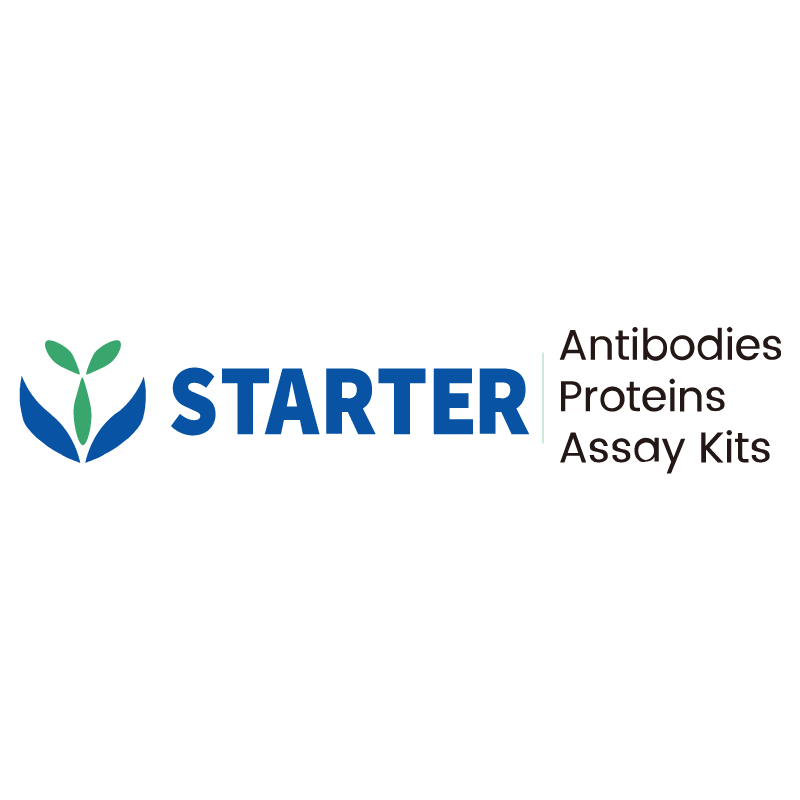Flow cytometric analysis of Mouse CD274/B7-H1/PD-L1 expression on BALB/c mouse splenocytes. BALB/c mouse splenocytes were stained with either Alexa Fluor® 647 Rat IgG2b, κ Isotype Control (Black line histogram) or SDT Alexa Fluor® 647 Rat Anti-Mouse CD274/B7-H1/PD-L1 Antibody (Red line histogram) at 5 μl/test, cells without incubation with primary antibody and secondary antibody (Blue line histogram) was used as unlabelled control. Flow cytometry and data analysis were performed using BD FACSymphony™ A1 and FlowJo™ software.
Product Details
Product Details
Product Specification
| Host | Rat |
| Antigen | CD274/B7-H1/PD-L1 |
| Synonyms | Programmed cell death 1 ligand 1; PD-L1; PDCD1 ligand 1; Programmed death ligand 1; B7 homolog 1 (B7-H1); B7h1; Pdcd1l1; Pdcd1lg1; Pdl1 |
| Location | Endosome, Cell membrane |
| Accession | Q9EP73 |
| Clone Number | S-R072 |
| Antibody Type | Rat mAb |
| Isotype | IgG2b |
| Application | FCM |
| Reactivity | Ms |
| Positive Sample | BALB/c mouse splenocytes |
| Purification | Protein G |
| Concentration | 0.05mg/ml |
| Conjugation | Alexa Fluor® 647 |
| Physical Appearance | Liquid |
| Storage Buffer | PBS, 25% Glycerol, 1% BSA, 0.3% Proclin 300 |
| Stability & Storage | 12 months from date of receipt / reconstitution, 2 to 8 °C as supplied. |
Dilution
| application | dilution | species |
| FCM | 5μl per million cells in 100μl volume | Ms |
Background
PD-L1, also known as CD274 or B7-H1, is a type I transmembrane glycoprotein and a member of the B7 family. It was first identified in 1999. PD-L1 plays a crucial role in immune regulation by binding to PD-1 on T cells, inhibiting their activation and proliferation through multiple pathways, thus dampening tumor-reactive T cell responses. This protein is widely expressed in various cells, including antigen-presenting cells, activated T cells, B cells, and some non-hematopoietic cells. Its expression is often upregulated in tumor cells, contributing to immune evasion. Targeting PD-L1 has become a major strategy in cancer immunotherapy, with several antibodies developed to block its interaction with PD-1, enhancing anti-tumor immunity.
Picture
Picture
FC


